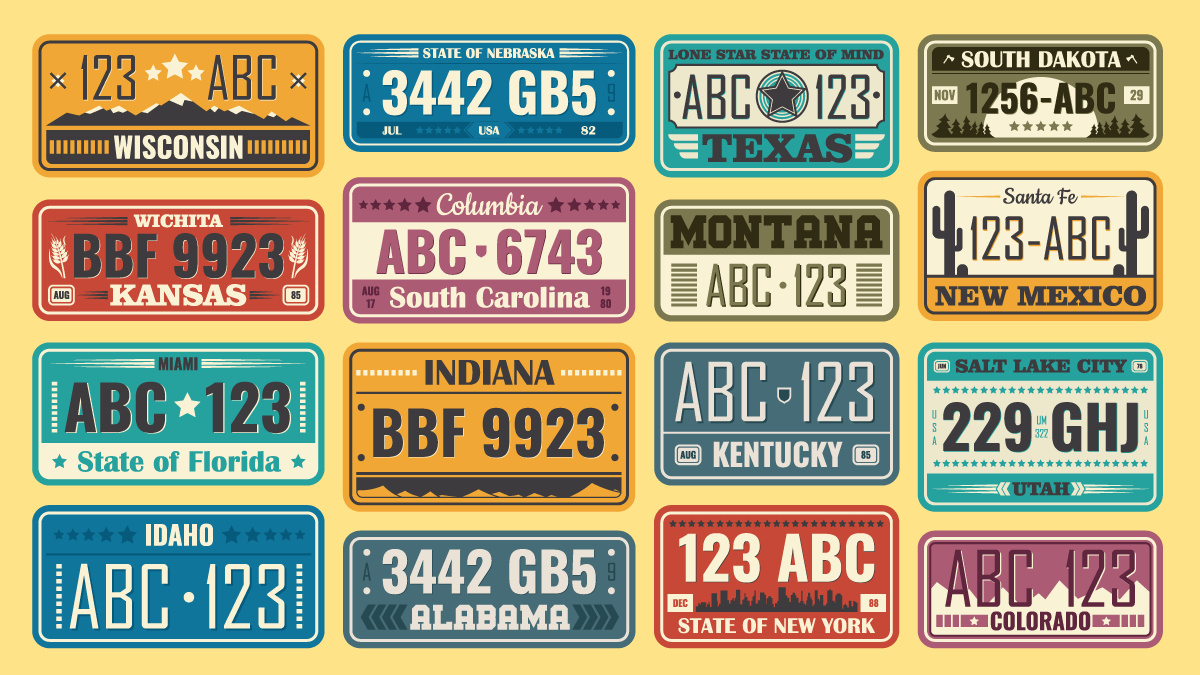Buying a new car is an exciting process, although it can be a long one too. There are many things to think about when you decide to buy a new vehicle. Many people, particularly new drivers, forget that buying a car is more than searching for the perfect one and that this is the final step of the journey. Although, unfortunately, it is not. Not only buying a car will require you to spend a lot of time searching for one of your dreams once you find it, but you will also need to ensure that all the paperwork is in order.
A very important thing to complete once you purchase a vehicle is its registration. Whether you buy a brand new car or a used one, registration is a must to ensure that it is legal for you to be on the road. Failure to do so could mean very high penalties and issues with the authorities. In this article, we will provide you with a helpful guide for renewing your DMV registration.
What is Vehicle Registration?
Essentially, vehicle registration acts as evidence that you are the legal owner of the vehicle you have bought. Once you buy a vehicle you must make a priority to register it with your local department of motor vehicle agency. You will also need to renew this annually, to continue confirming with the agency that you remain the owner. Many people dread this process due to the difficulties experienced by local agencies. Once you do this, they will provide you with a piece of paper to evidence that this has been successfully done, and if you ever get stopped by law enforcement, they can request to see this.
What You Need for Registration
As you can imagine, for such an important document, there will be a few other things you need in order to request that the vehicle be registered in your name. The documents required may slightly differ as local authorities may follow different regulations and guidelines. Some of the documents you may require include:
- Your Driving License
- Identification Document
- Evidence of Car Insurance
- Evidence of Tax Payment
- A Signed Lease Agreement
- Evidence of Passed Safety Checks
- Completed Vehicle Registration Application Form
The Registration Process
The next step is to start the actual process. When you have gathered all the documents, it is time to head to the local department of local vehicles to initiate your DMV registration renewal. Anyone that is familiar with this process will advise you that it can be quite difficult and long and it is always best to book an appointment in advance and cancel any plans you may have. Once you are there, the member of staff helping you will ask you for the documents, including the registration form, which includes information about the vehicle and yourself, the driver. You will also be required to pay a registration fee once you submit this. Thankfully, nowadays you do not necessarily need to do this in person, there are websites that allow you to complete this online, which is much hassle-free, since you do not have to wait in line, and the process is pretty much the same.
Fees
As mentioned above, there is a fee associated with registering your vehicle, whether you do this online or in person. Therefore, you must be prepared to do this. Fees may change according to the local area, but they are usually fairly low. You need to ensure that you include the cost of registration in your financial budget so that when the time comes, you have the money to pay for it with no issues.
Possible Penalties
Vehicle registration is highly important, as we advised above, as it is a legal document that evidences that you are the sole rightful owner of the car. If you get stopped by the police and do not have the appropriate documents with you, you can suffer serious penalties. Some of the minor penalties include a fine, that you may get either from a police officer or from the DMV themselves if their records flag up that you have not renewed your registration. You are also at risk of more severe penalties, like higher insurance rates or having your car impounded, which will obviously increase the costs you have to pay to get the vehicle back. You will obviously want to avoid this, so make sure that your registration and paperwork are in order.
Ensuring that your vehicle is registered is mandatory and you must always ensure that this is up to date at all times. Hopefully, the guide provided above will provide you with more knowledge on what DMV registration is and what the renewal process entails. Making sure that your vehicle conforms with law and regulations will prevent you from facing penalties, and will prevent you from being stopped by the local law enforcement.
